USA | Canada | UK | Ireland | Australia | New Zealand | India | South Africa | China
First published by Hudson Street Press, a member of Penguin Group (USA) LLC, 2014
Penguin supports copyright. Copyright fuels creativity, encourages diverse voices, promotes free speech, and creates a vibrant culture. Thank you for buying an authorized edition of this book and for complying with copyright laws by not reproducing, scanning, or distributing any part of it in any form without permission. You are supporting writers and allowing Penguin to continue to publish books for every reader.
While the author has made every effort to provide accurate telephone numbers, Internet addresses, and other contact information at the time of publication, neither the publisher nor the author assumes any responsibility for errors or for changes that occur after publication. Further, publisher does not have any control over and does not assume any responsibility for author or third-party Web sites or their content.
We know what we are, but know not what we may be.
INTRODUCTION
D anny and Julie Vizcaino, brother and sister, were born and raised in a poor neighborhood of Modesto, California, she in 1981, he in 1983. Their parents, immigrants from Mexico without high school diplomas, were typical of the local population: their mother worked in a canning factory, and their father worked in construction until he died in an accident when the kids were young. With an older brother who had dropped out of high school and gotten into trouble with the law, Julie was left back in second grade and took it for granted that she was, in a word, stupid.
I was never really good at reading and writing, she told me. Or at anything.
Then, in 1991, Julie entered fourth grade and found herself in the class of a new teacher, Kevin Cripe, who had the outlandish idea that his students were capable of great things.
When I talked to older teachers, Cripe told me, they said that Julie was just not very smart. One of her older brothers was in and out of jail. She had been left back. Her younger brother, Danny, had also been left back. And she was not a great reader.
But Cripe had been a lifelong chess player, and when he decided to start a chess club, he invited Julie to participate.
I had no idea what it was, she said. I called it chest. I had never heard of it, but I said sure.
Cripe kept their training fun, but challenging, and Julie picked it up with a speed that surprised even Cripe. She began spending hours leaning over a chessboard, lost in thought, thinking not just two or three moves ahead, but ten or more. After two years of practice, when Julie was in sixth grade, Cripe decided that she and two other kids were good enough to enter a local tournament in Bakersfield.
Heres what I felt as we were going to that first tournament, Cripe said. There was this other kid named Jordy. A great kid. Both his parents were psychologists. Jordy was a prodigy. He had gone to private elementary schools and played the piano in concerts. His parents had done all the right things. I thought, heres Jordy, he has all this stuff, he speaks French, and heres Julie. Cognitively, I have to think that her brain has never been fully activated or whatever you want to call it. Sort of like a kid whos never really run, never been pushed to do something athletic. I thought, what would happen if we just treat her brain as if its going to be like his at some point? So I just decided to treat all the kids in the chess club like theyre going to be as smart as all the other kids in these tournaments, the ones from the elite private schools. If I didnt believe that, then its all hopelessness, right? You might as well burn up all the books.
After the students did well at the Bakersfield tournament and at a number of others in California, Cripe decided he would take Julie and the rest of his team to a national chess championship held in Charlotte, North Carolina.
Dont do this, a fellow teacher begged him. You will only embarrass these children.
But Cripe took them, and out of eighty teams, his scored in the top fifteen. Among the hundreds of students participating, Julie ended up among the tournaments top ten.
I didnt start winning till I was thirteen or fourteen, she said. When I was fourteen, I won a lot of money playing in the tournaments. Thats how I bought my first car. Eventually, in her age group, Julie was ranked among the top fifty female players in the United States.
Then her younger brother, Danny, joined the team and soon became its best player. At a national championship held in Tucson, Danny reached the last round, his team clinging to the hope of scoring in the top ten, when the stress got to him.
He throws up before the last round because hes nervous, Cripe said. He was the leader. I said, Okay, Danny, if you are truly sick, Ill call your mom; well withdraw you from the tournament. But if youre nervous, heres what I want you to think about. You have earned this. Everybody else is as nervous as you are. And I want you to enjoy this moment, because there are seven hundred other people here today who have no chance to win a trophy. So what do you want me to do? And he said, I want to try to play. Then I gave him one last piece of advice: If you throw up again, aim for the floor, because if you hit the board, its going to be hard to play with the chess pieces.
He won his game fairly quickly. Every single other student on our team who came out after him also won. They watched Danny win after he threw up. It almost makes me cry every time I talk about it. He was one of the dumb ones, and he finished in the top ten of the national chess championship that year. And our team finished in fifth place. We were ahead of Hunter College Elementary School that year. Thats the school in New York City thats always among the best. They were in sixth or seventh place.
Danny went on to graduate from the University of the Pacific with a degree in mechanical engineering. He now works as an engineer for an international manufacturing firm. Julie graduated from the University of Mississippi and is now a homemaker living with her husband, Calbemar, and a young daughter, Isabel.

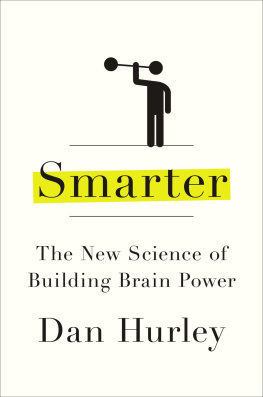




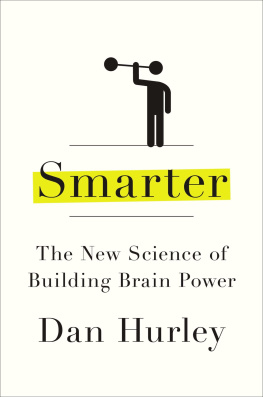
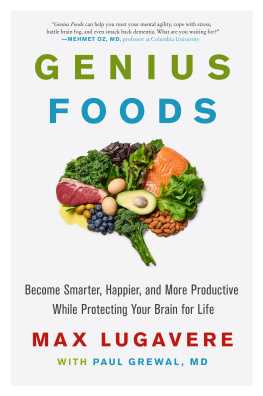
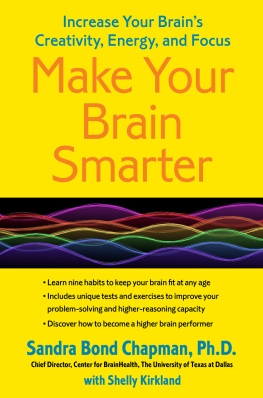
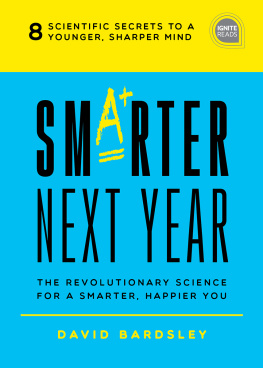
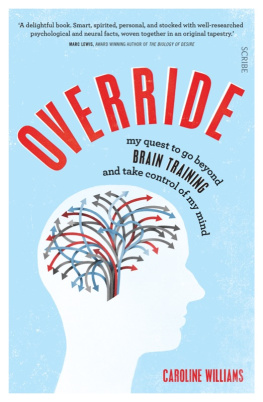

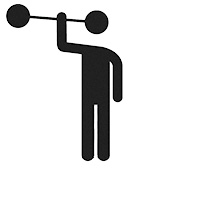


 REGISTERED TRADEMARKMARCA REGISTRADA
REGISTERED TRADEMARKMARCA REGISTRADA